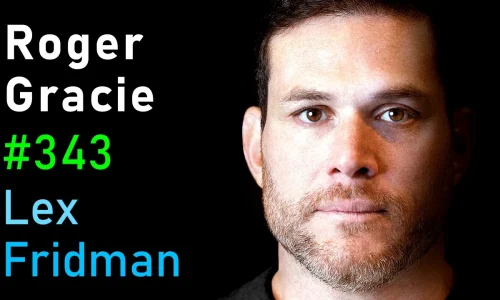See all Lex Fridman transcripts on Youtube

Roger Gracie: Greatest Jiu Jitsu Competitor of All Time | Lex Fridman Podcast #343
2 hours 59 minutes 32 seconds
🇬🇧 English

Omnivision Solutions Ltd
- Getting Started
- Create Transcript
- Pricing
- FAQs
- Recent Transcriptions
- Roadmap